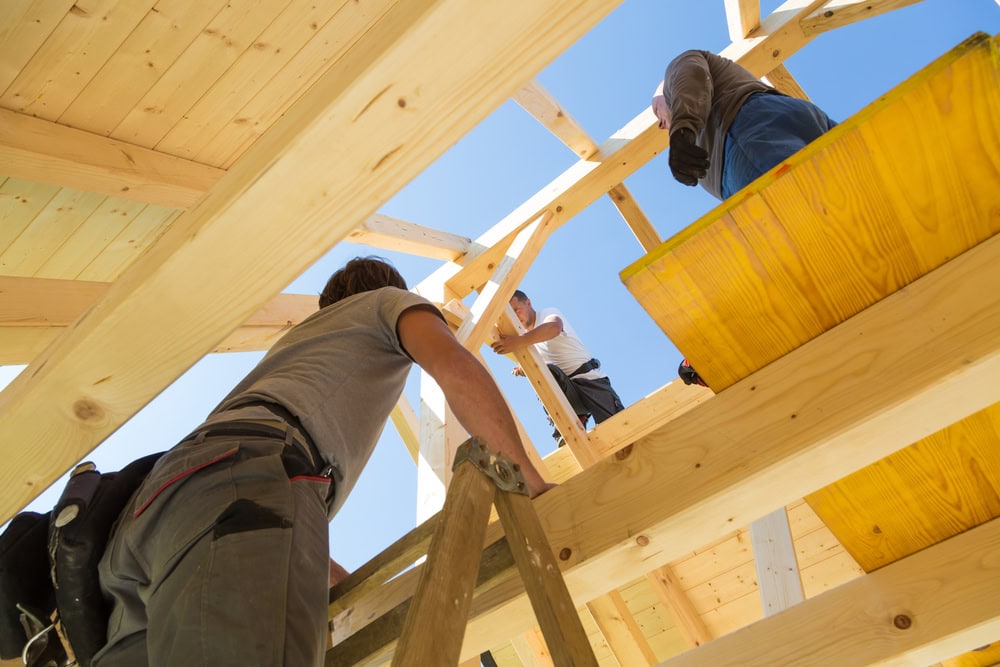If you’re preparing for the California contractor license exam, you’ve probably wondered: Do you need a separate license for every trade you perform? The answer is nuanced, shaped by California’s unique licensing system and recent regulatory updates. Understanding these rules is essential—not just for passing your exam, but for running a compliant, successful business. Let’s break down how licensing works for different trades, when you need multiple licenses, and how to navigate the process like a pro.
Understanding California’s Contractor License Classifications
California’s Contractors State License Board (CSLB) regulates the industry through a well-defined classification system. There are three main types of contractor licenses:
- Class A – General Engineering Contractor: For large-scale engineering projects, like highways or water systems.
- Class B – General Building Contractor: For projects involving the construction or remodeling of buildings and structures that shelter people or property.
- Class C – Specialty Contractor: For more than 60 specific trades, such as electrical (C-10), plumbing (C-36), HVAC (C-20), and many others.
Each license type has its own scope. For example, a Class B license allows you to oversee projects that involve at least two unrelated trades (like framing and electrical), but you cannot take on a job that involves only a single specialty trade unless you also hold the relevant Class C license for that trade.
Do You Need a License for Each Trade?
Here’s where it gets practical: You need a license for each trade you contract for, unless your license scope already covers the work. Let’s look at some common scenarios:
General Engineering Contractors (Class A):
- Your license is for large-scale projects requiring specialized engineering knowledge. If you branch into building or specialty trades, you’ll need the appropriate Class B or Class C licenses.
General Building Contractors (Class B):
- You can take on projects that require two or more unrelated trades (e.g., drywall and painting).
- If a project involves only one specialty trade—say, just electrical work—you must hold the corresponding Class C license or subcontract to someone who does.
- Example: If you’re remodeling a kitchen and handling both plumbing and tile work, your Class B license covers you. But if a client wants only new plumbing installed, you need a C-36 plumbing license.
Specialty Contractors (Class C):
- You’re licensed to perform work only in your specific trade.
- If you want to offer additional trades (such as both electrical and plumbing), you must obtain a separate Class C license for each trade.
- Example: If you hold a C-10 (electrical) license and want to add HVAC services, you’ll need to apply for a C-20 license as well.
Recent Changes: The $1,000 Rule and Compliance
As of 2025, the threshold for unlicensed work in California has increased from $500 to $1,000. This means you can perform jobs under $1,000 without a license—but only if the work doesn’t require a building permit and you have no employees. The moment your project exceeds $1,000, involves a permit, or you hire workers, you must have the proper license for each trade you perform.
It’s crucial to understand that performing work outside your license classification—or without a valid license—can lead to severe penalties, including fines and suspension.
For contractors with employees, a valid license is always required, regardless of project size.
Practical Tips for Exam Success and Licensing Strategy
Navigating the licensing process can be complex, but a few strategies can help:
- Know Your Scope: Before applying, determine which license classification matches your business model. If you plan to offer multiple trades, be prepared to apply for multiple Class C licenses or consider the broader scope of a Class B license.
- Document Experience: The CSLB requires at least four years of journey-level experience in each trade you’re applying for. Keep thorough records and reference letters to support your application.
- Stay Current: Regulations and exam content change. For 2025, expect stricter experience verification, updated exam formats, and a greater emphasis on legal compliance and public works requirements.
- Avoid Pitfalls: Common mistakes include applying for the wrong classification, incomplete paperwork, or failing to maintain insurance. Double-check your application and seek guidance if needed.
Conclusion: Build Your Career on a Solid Foundation
In California, you don’t need a separate license for every trade—but you do need the correct license for each trade you contract for. General contractors can manage projects involving multiple trades, while specialty contractors need a license for each specific trade they perform. With recent regulatory changes, staying compliant is more important than ever.
Approach your licensing journey with diligence and integrity. Prepare thoroughly for your exam, understand your license scope, and keep up with industry updates. By mastering these fundamentals, you’ll not only pass your license exam—you’ll set yourself up for a long, successful career in California’s thriving construction industry.

